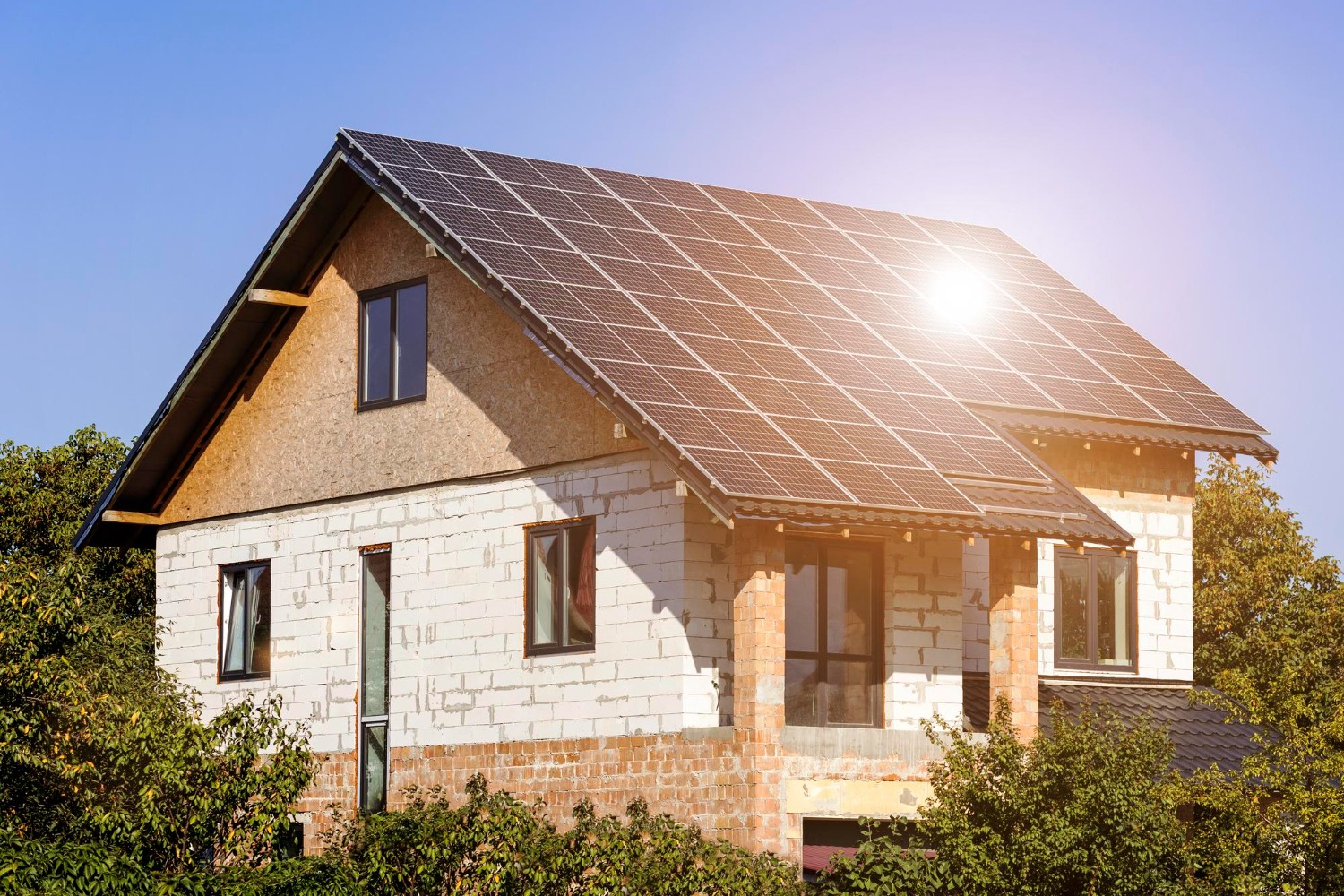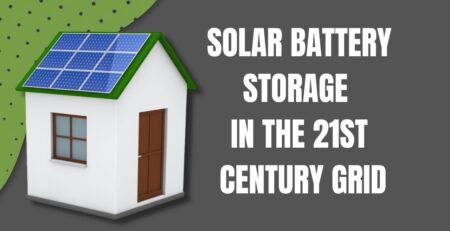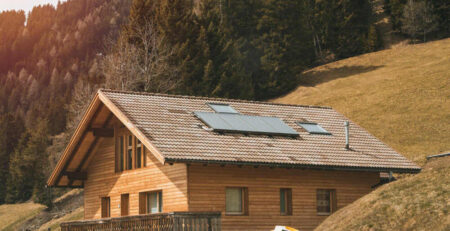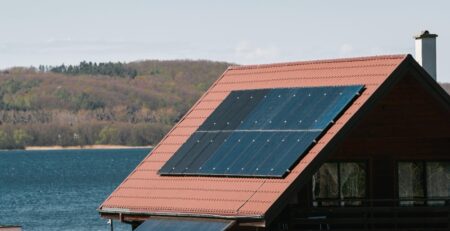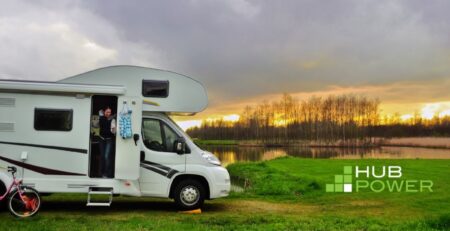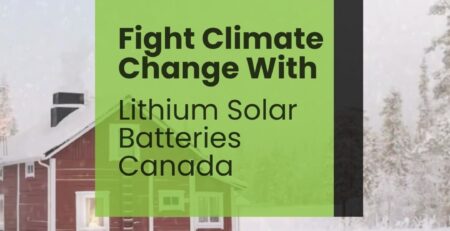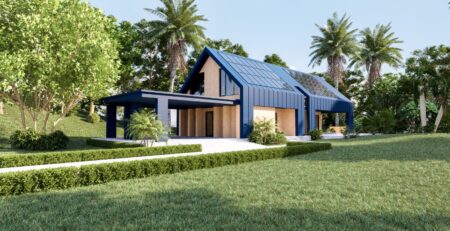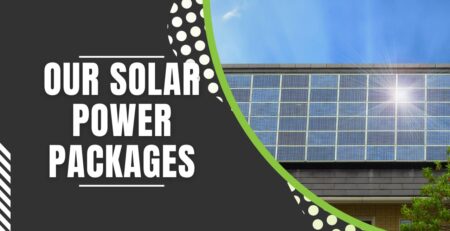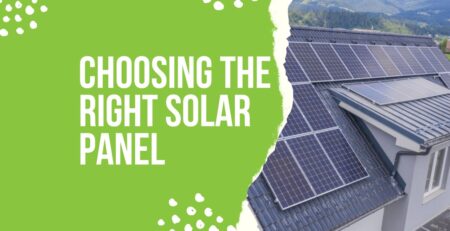Off-Grid Living: A Comprehensive Guide to Choosing Solar Panels, Batteries, and Inverters for Your Cabin
Off-grid living has become more popular in recent years as people have a desire to live a sustainable and eco-friendly lifestyle. Solar power has become a very popular option as people are becoming more interested in sustainable energy. It is environmentally-friendly and allows you to be energy independent. This makes solar energy perfect for off-grid homes or cabins. This guide is designed to help you select the best solar panels, inverters, and batteries for your needs and preferences. Hub Power’s experts are always on hand to provide you with personalized advice and answer your questions. This will ensure that your solar system off grid is optimized according to your needs.
Solar Panels
Solar panels are the heart of your off-grid power system, converting sunlight into electricity. When choosing solar panels for your off-grid cabin, consider these factors:
Type of Solar Panel
In terms of the types of solar panel, there are two varieties that are used, monocrystalline and polycrystalline. Monocrystalline panels boast higher efficiency and power output per square foot but are more expensive. Polycrystalline panels are more affordable but have slightly lower efficiency. For off-grid cabins, we generally recommend monocrystalline panels due to their superior efficiency and space-saving benefits.
Size and Power Output
The size and power output of your solar panels depend on your energy needs and available space. Calculate your daily energy consumption and select a solar panel array that can generate at least that amount of power. Remember, solar panels only produce electricity during daylight hours, so slightly oversizing your array helps account for cloudy days and seasonal sunlight fluctuations.
Installation and Mounting
Consider the installation and mounting requirements when choosing solar panels. Roof-mounted panels are common, but ground-mounted arrays can be a good alternative if you have limited roof space or want easier access. Ensure the solar panels you choose come with the necessary mounting hardware and brackets.
Batteries
Batteries store electricity generated by your solar panels for use when the sun isn’t shining. This allows you to still have energy all throughout the day even when the weather isn’t on your side. When selecting batteries for your off-grid cabin, consider these factors:
Battery Type
The most common and popular battery types for off-grid solar systems are lead-acid and lithium-ion. Lead-acid batteries are more affordable but have shorter lifespans and require regular maintenance. Lithium-ion batteries are pricier but offer longer lifespans and higher efficiency, making them an increasingly popular choice for off-grid cabins.
Capacity
Your battery bank’s capacity should be large enough to store sufficient energy to power your cabin for several days during periods of limited sunlight. Calculate your daily energy consumption and choose a battery bank with enough capacity to store at least three times that amount.
Depth of Discharge (DoD) and Cycle Life
Batteries have a finite number of charge and discharge cycles, known as their cycle life. The deeper you discharge your battery, the shorter its lifespan. Opt for batteries with a high cycle life and a depth of discharge (DoD) that suits your needs. A higher DoD allows you to use more of the battery’s capacity before recharging it.
Inverters
Inverters convert the direct current (DC) electricity generated by your solar panels and stored in your batteries into alternating current (AC) electricity, which powers your appliances and devices. Keep these factors in mind when selecting an inverter for your off-grid cabin:
Type of Inverter
There are two primary types of inverters: pure sine wave and modified sine wave. Pure sine wave inverters provide a smooth, consistent waveform, ensuring compatibility with sensitive electronics and appliances. Modified sine wave inverters produce a less consistent waveform, potentially causing issues with some devices and reducing their efficiency. We recommend investing in a pure sine wave inverter for optimal performance and compatibility with your electronics.
Power Rating
Choose an inverter with a power rating that can handle your cabin’s peak power demands. To calculate your peak power demand, add up the wattage of all devices and appliances that could be running simultaneously. It’s wise to select an inverter with a slightly higher power rating than your calculated peak demand to ensure it can handle unexpected spikes in power usage.
Efficiency
Inverter efficiency is crucial for your off-grid solar power system’s overall efficiency. Look for inverters with efficiency ratings of 90% or higher to minimize energy losses during the conversion from DC to AC power.
Additional Features
Inverters can come with additional features, such as built-in chargers that regulate electricity flow between solar panels and battery banks, or even remote monitoring, allowing users to monitor the performance of their solar systems from any location. These features may be important to your cabin off-grid setup, but they might not justify the additional cost.
The success of an off-grid solar cabin power system depends on the selection of the correct solar panels, inverters, and batteries. You can be sure that your decision will result in a power source which is reliable and efficient for an off-grid life style by considering the points outlined here. Remember that investing in high-quality systems will pay off over time, as they reduce your impact on the environment and offer energy independence.
At Hub Power, we carry all the off-grid solar power products you need, shipping in bulk and across Canada. Give us a call at (604) 420-7737 to connect with one of our solar power experts today!


